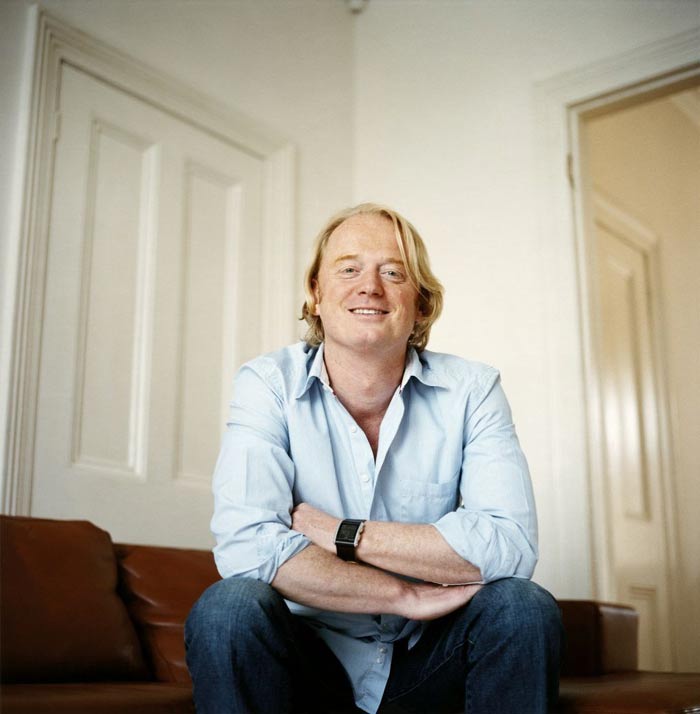Your support helps us to tell the story
From reproductive rights to climate change to Big Tech, The Independent is on the ground when the story is developing. Whether it's investigating the financials of Elon Musk's pro-Trump PAC or producing our latest documentary, 'The A Word', which shines a light on the American women fighting for reproductive rights, we know how important it is to parse out the facts from the messaging.
At such a critical moment in US history, we need reporters on the ground. Your donation allows us to keep sending journalists to speak to both sides of the story.
The Independent is trusted by Americans across the entire political spectrum. And unlike many other quality news outlets, we choose not to lock Americans out of our reporting and analysis with paywalls. We believe quality journalism should be available to everyone, paid for by those who can afford it.
Your support makes all the difference.As unlikely as it sounds, watching the somewhat underwhelming chick-flick Spanglish helped me to make a positive financial decision. Following strict instructions, I'd asked a complete stranger – the guy in my cornershop – to suggest his favourite film. I then had to watch it. In addition, I was to spend a week, among other things, sleeping the wrong way up in bed, rereading a favourite childhood book and borrowing a friend's iPod. All in the name of "changing my state". If you're wondering how any of this might help a person to make the most of their assets, Chris Baréz-Brown has the answers.
Baréz-Brown is "global leader of learning" at What If, the world's largest independent "innovations" company, and he knows a thing or two about making money. In the past five years, What If has helped its clients – which include Coca-Cola, Shell, HSBC, Barclays and Unicef – to generate around $10bn of extra revenue. How? By getting staff to tune into their creative sides – a big part of which involves tips such as those described above, part of Baréz-Brown's Change Your State process.
Furthermore, these tricks are easily transferable into everyday life, believes Baréz-Brown, also the author of How to Have Kick-Ass Ideas, and can transform, everything from our love-lives to our home lives and even our finances: "A recession offers wonderful opportunities," he says cheerily. "Whenever dynamics change there are new opportunities." Which is exactly the theory behind Change Your State.
The problem, he continues, is that "we spend too much time on autopilot. As a result, we often miss out on opportunities." The idea is that by breaking with our daily routines we feel "a bit shinier"; in other words, we see things from a different perspective and open our minds to ideas we might not otherwise have considered.
Still, the leap from chick-flick to beating economic gloom seems huge. Where's the link? "When people fear recession, they get busier – as opposed to thinking: 'What's really important to do today?' If you feel only the same stimuli, day in, day out," says Baréz-Brown, "there's no room to innovate."
At work, shaking things up can make you more promotable, help to redundancy-proof you and – if all else fails – put you in good stead for innovating your way into a new source of income. "I think it's Bono who always asks: 'Who's Elvis around here?'" says Baréz-Brown. "In other words: who stands out? Everyone can be a bit more Elvis: have more of an impact and shine a bit more."
And on the domestic front? "A family is like a business: you've got incomings and outgoings to balance, and it's got to be a nice place to work." Baréz-Brown cites a bank he worked with that had a target to save £150m that year. Without sacking people, and using Baréz-Brown's techniques, the bank saved £250m. "If a bank can do that, then a household can do the equivalent."
It all sounds rather abstract – but following the Change Your State tips, life did feel different: I became bolder and felt – yes, shinier. I braved (and enjoyed) a barbecue at which I didn't know a soul. Swapping iPods made me smile a lot, while rereading a childhood favourite provided a fresh insight into the concept of fear. Getting out of bed was mysteriously easier when sleeping the other way around and, as for Spanglish, it was simply nice to know that the guy in the shop was kind of soft inside.
And the financial decision? It was between buying two houses. One: small, cheap and sensible. The other: huge, less cheap and, in the current climate, less sensible. In the long term, the big house would pay off (and I loved it), but how to survive the interest-rate rises and pay for the extensive renovations in the meantime? Cue some innovative thinking: I bought the place and have live-in builders who pay no rent and so work for "free". They're turning my spare room into an en-suite so I can get a high-yield lodger installed. Though I can't directly attribute my daring to "changing my state", I'm pretty certain I wouldn't have had the nerve or creative problem-solving ideas to do so beforehand.
Try it yourself at www.changeyourstate.com

Join our commenting forum
Join thought-provoking conversations, follow other Independent readers and see their replies
Comments